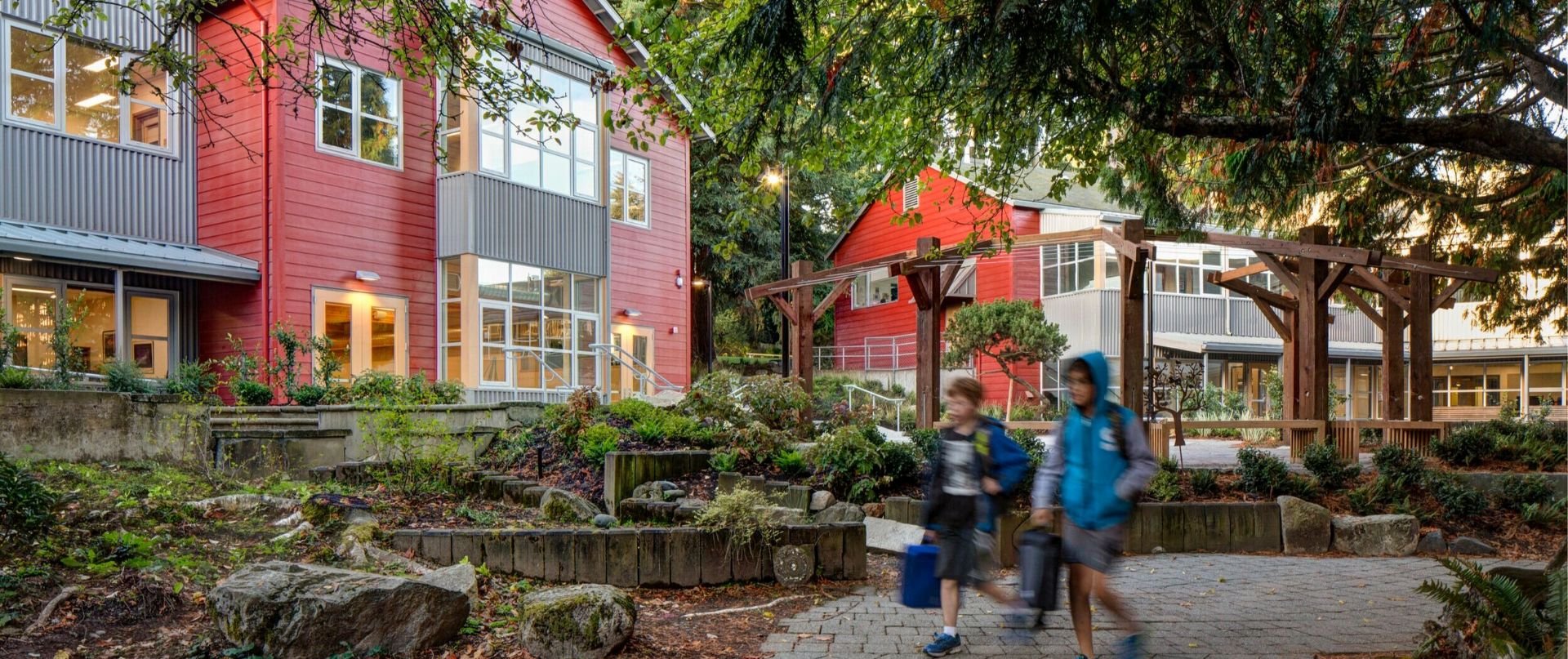- Welcome
- Our School
- Our Program
- Admissions
- Giving
- Summer Program
Making Meaning
In 4th and 5th grade, students are ready to take an intellectual leap. With strong skills in place, they begin to explore more complex topics, draw deeper connections across academic subjects, and engage in work that feels increasingly purposeful and real. This is where learning starts to shift from mastering the basics to making meaning—where ideas become more nuanced, and students begin to see themselves as thoughtful, capable thinkers with something to say.
Taking the Intellectual Leap
Intermediate students are ready to go beyond surface understanding. They dive into big concepts, tackle rich texts, and use increasingly sophisticated language to express their ideas.
Whether they’re studying Greek and Latin roots, exploring ancient civilizations, or working one-on-one with a published author to revise their writing, students learn to ask better questions, consider multiple perspectives, and shape their thinking with purpose and precision.
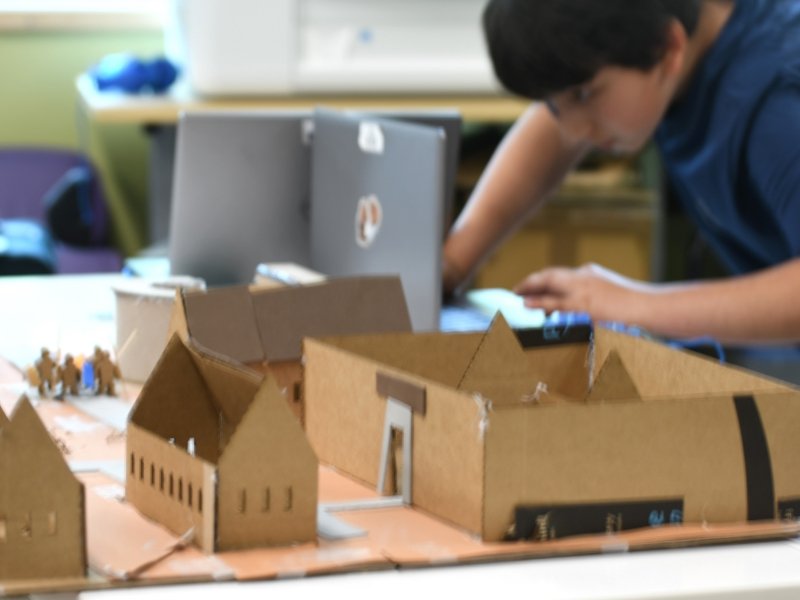
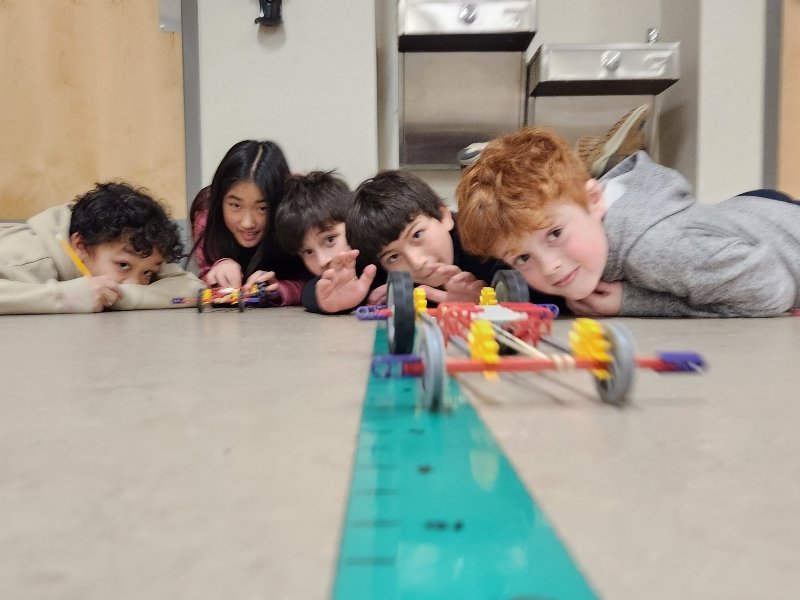
Learning by Doing
Hands-on learning becomes even more powerful in the intermediate years. Students apply their growing academic skills to solve real-world problems—using estimation in math or testing hypotheses in science through experiments and inquiry-based labs.
From designing scale models to conducting field research, they gain confidence as they use what they know in authentic, practical ways. These experiences help students understand that learning is not just something you do in school, but something you use to navigate the world.
Wrestling with Big Ideas
As thinking grows more abstract, students are encouraged to engage with complex problems—both academic and ethical. In 4th grade, they participate in the World Peace Game, stepping into global roles to navigate diplomatic dilemmas and humanitarian crises.
By 5th grade, they’re debating questions of fairness, justice, and responsibility as they explore topics in ethics. Through discussion, role play, and reflection, students learn to think critically, speak thoughtfully, and understand that sometimes there’s no easy answer—and that’s exactly where the best thinking begins.
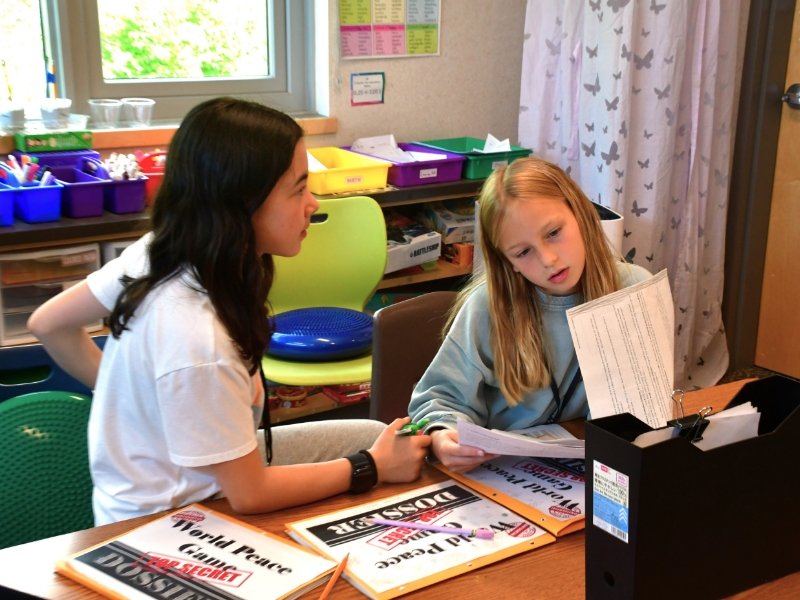
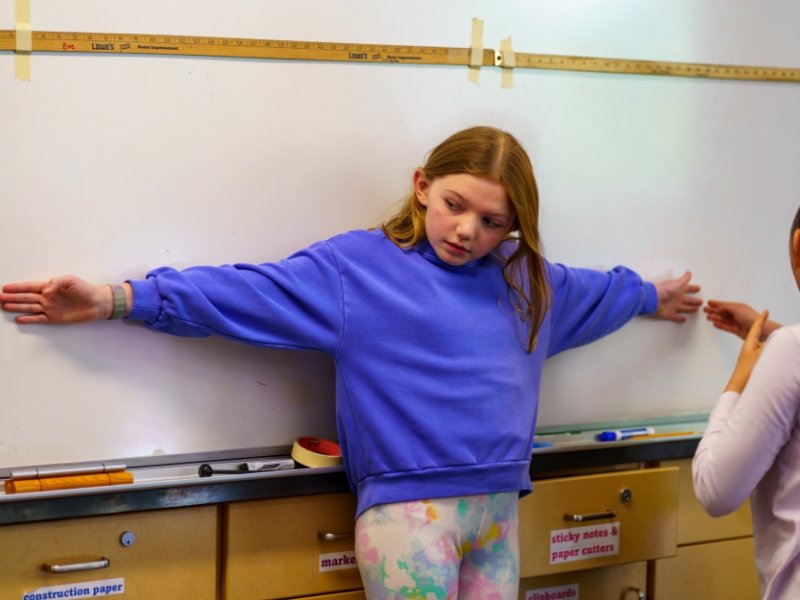
What It All Adds Up To
As they dive into deeper topics, hands-on challenges, and big ideas, Evergreen students begin to see learning as a way to understand themselves and the world around them. With growing confidence and curiosity, they ask thoughtful questions, take academic risks, and develop the habits of independent, engaged thinkers. These years aren’t just about knowing more—they’re about learning how to make meaning that lasts.




